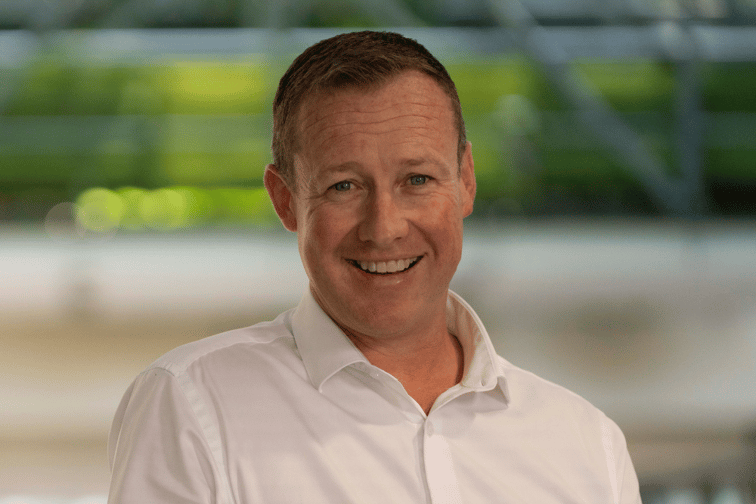

Nick Deligiannis, managing director for Australia and New Zealand at recruitment specialist Hays, has said that the two countries are facing a singular skills shortage at a level unmatched in the company’s 46 years. Particularly within the insurance industry, 57% of NZ employers believe the shortage will impact operations or growth in the 2022-2023 financial year, while 43% of Kiwi insurance businesses anticipate an acceleration of the so-called Great Resignation.
According to the FY22-23 Hays Salary Guide, the top insurance job that employers in New Zealand need to fill is that of underwriters, followed by brokers. Completing the top five are loss adjusters, claims handlers, and executives providing broker support. In Australia, claims assessors are more in demand than underwriters and brokers.
Meanwhile, adding further complexity to the already candidate-short market is the global phenomenon known as the Great Resignation.
Referring to not just insurance but a span of industries, Deligiannis noted: “[A] topic we’re regularly asked about is the Great Resignation – will it happen here, what effect will it have, and how can we navigate through it?
“Our survey data points to the situation not being as dire as implied. While candidates do have a high intent to move with more than half of respondents indicating that they are open to new opportunities in the year ahead, thinking about changing jobs and actively applying are two distinct things.”
Aside from insurance, the Hays study also covered accountancy & finance, architecture, banking, construction, contact centres, defence, education, energy, engineering, executive, facilities management, healthcare, human resources, legal, life sciences, logistics, manufacturing & operations, marketing & digital, mining, office support, policy & strategy, procurement, property, retail, sales, and technology.
A total of 4,425 organisations and 4,851 skilled professionals across Australia and New Zealand were surveyed. Employers were quizzed on salary policy, hiring intentions, and recruitment trends, while employees were polled on their salary expectations, career plans, and current priorities.
In New Zealand, more than six out of 10 insurance workers intend to stay at their current companies beyond this financial year, with over half of the respondents saying they are more confident to ask for an increase in pay.
Speaking with Insurance Business on the topic, Southern Cross Health Insurance chief executive Nick Astwick (pictured) declared: “As CEO of the country’s largest health insurer with almost 900 employees, the reality and risk of the Great Resignation and New Zealand’s tight labour market is top of mind.
“Right now, we’re focussed on taking a strong leadership position when it comes to supporting and valuing our workforce. Our people and wellbeing team has been busy enhancing our benefits package to help make Southern Cross even more attractive as an employer and to be the healthiest workplace in New Zealand.”
The insurance boss conceded that there is, indeed, a degree of difficulty in filling roles in key areas. In Southern Cross Health Insurance’s experience, what’s proving to be challenging is hiring for the company’s technology, risk, and contact centre teams. Additionally, said Astwick, the time it’s taking to recruit new staff is now longer, on average.
“While these challenges aren’t currently impacting our operations or service levels, our leadership team is very focussed on people retention and acquisition, to ensure we remain in a strong position to support our growing membership and continue to deliver quality customer service,” he told Insurance Business.
“We conducted some research earlier this year into employee satisfaction, and it showed that happier employees have a supportive workplace, a good work/life balance, and flexibility. There’s no denying the impact that employee turnover has on an organisation’s productivity and bottom line, so getting those conditions right can mean greater retention of staff.”
The insurer’s poll, which examined a wide range of sectors, found that nearly half of those surveyed feel grateful to have their job while 15% had reassessed their professional lives because of COVID.
Astwick added: “There’s also no getting away from the fact that right now there is more pressure on employees working incredibly hard to keep organisations running, so mental wellbeing and building resilience to combat stress, anxiety, and burnout is a huge focus for our people at Southern Cross.
“When I speak to New Zealand’s business leaders, many are telling me they’re also stepping up their fight to keep valuable employees. This is because we know that a business’s biggest resource is our people.”
